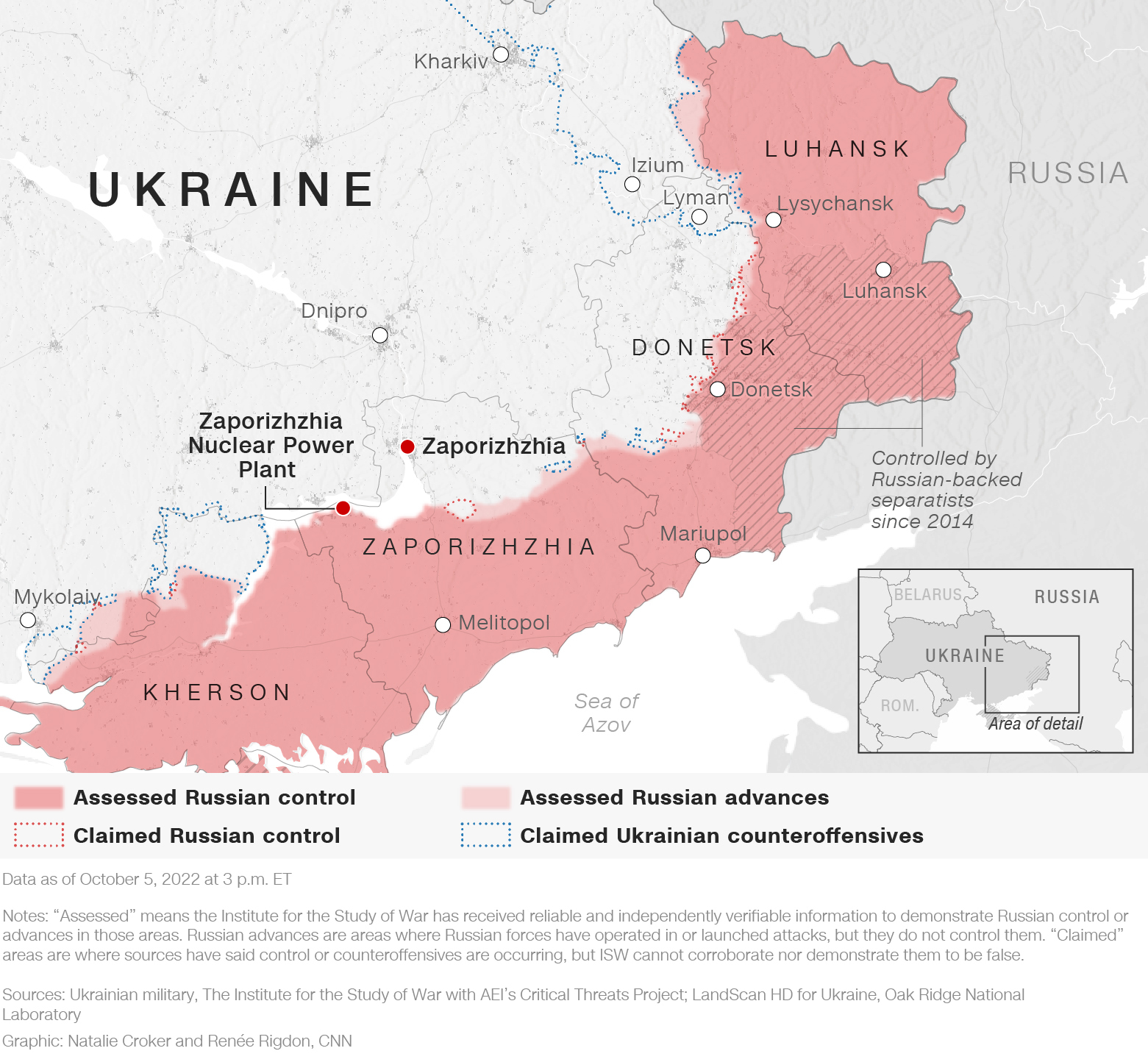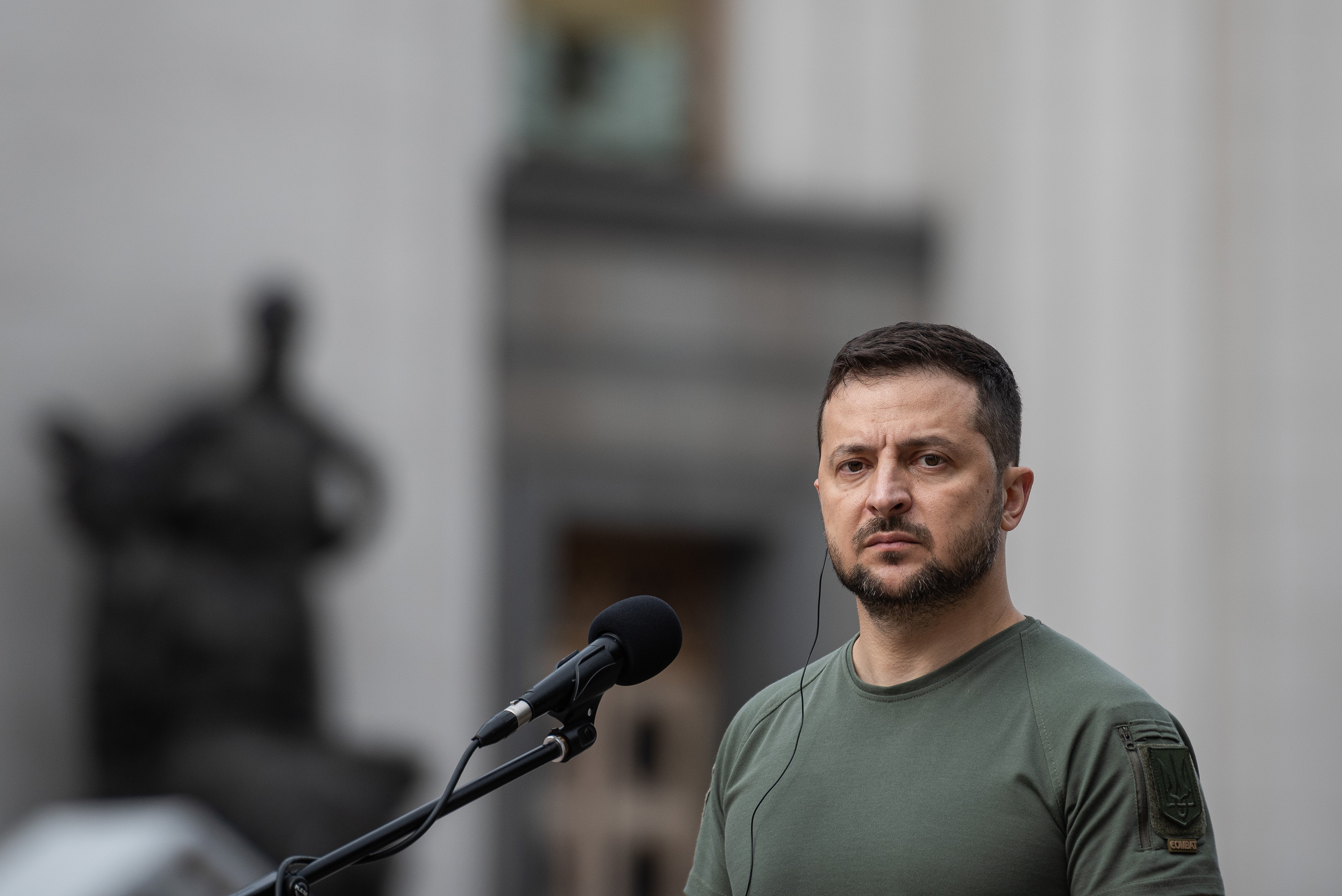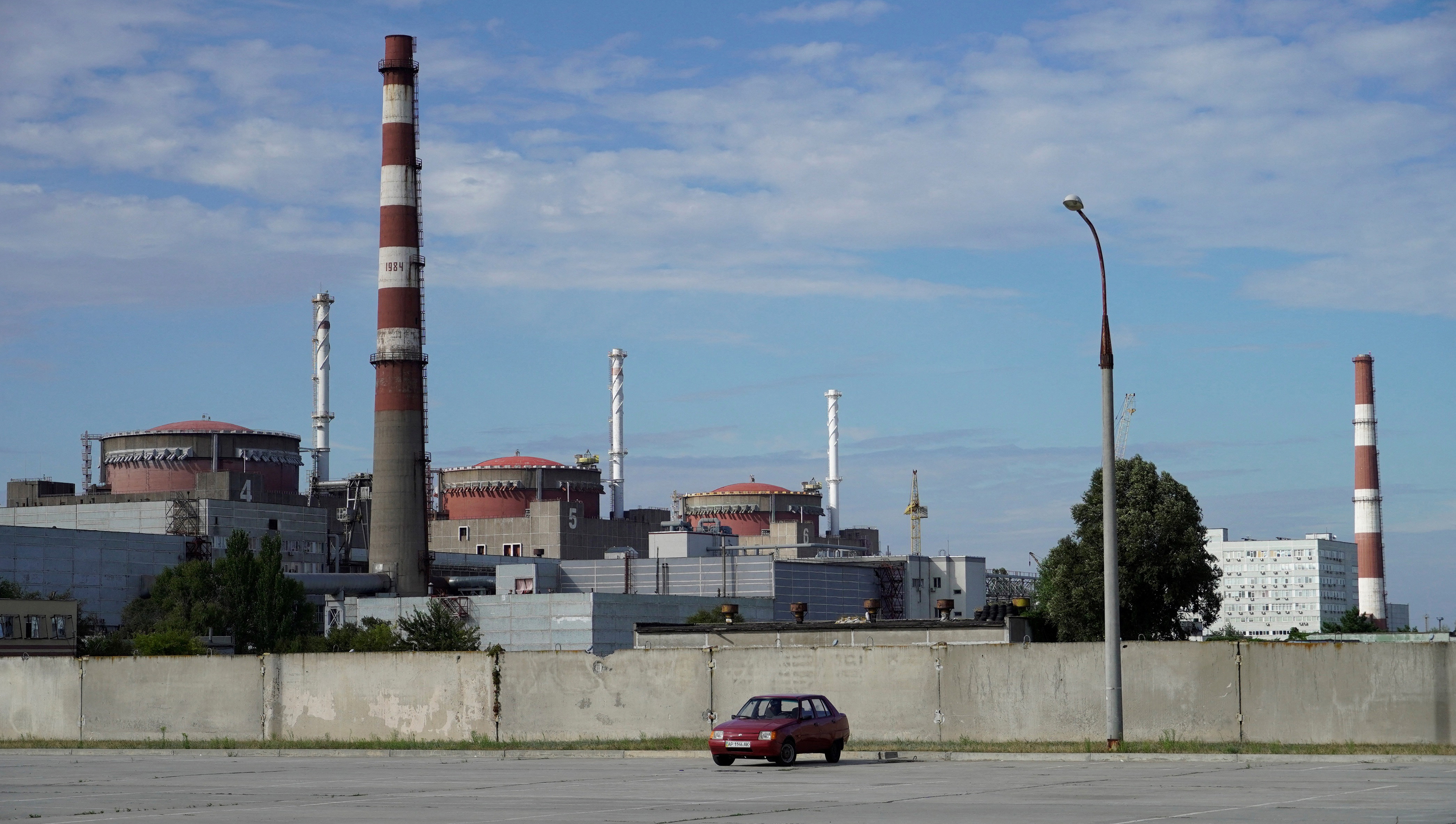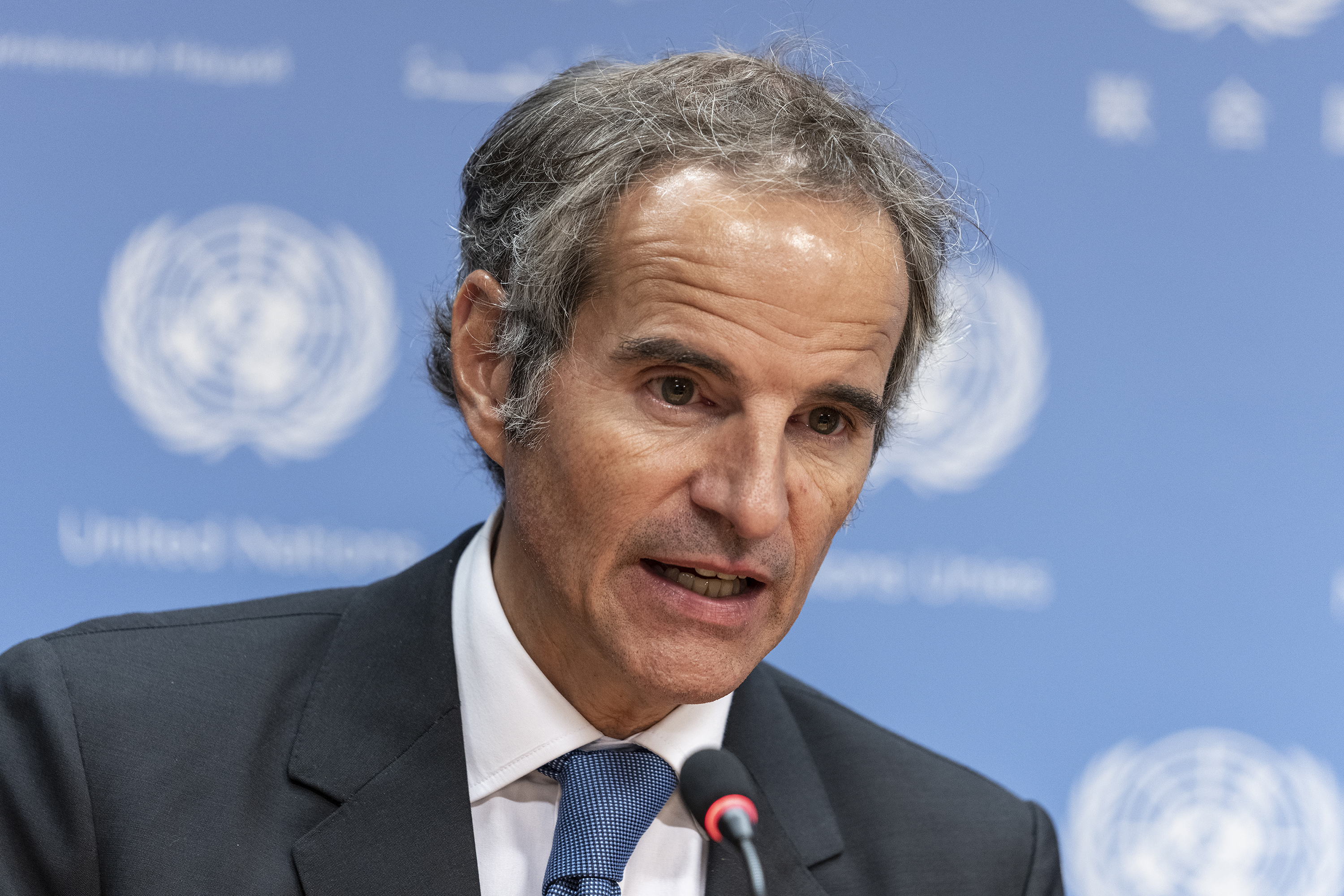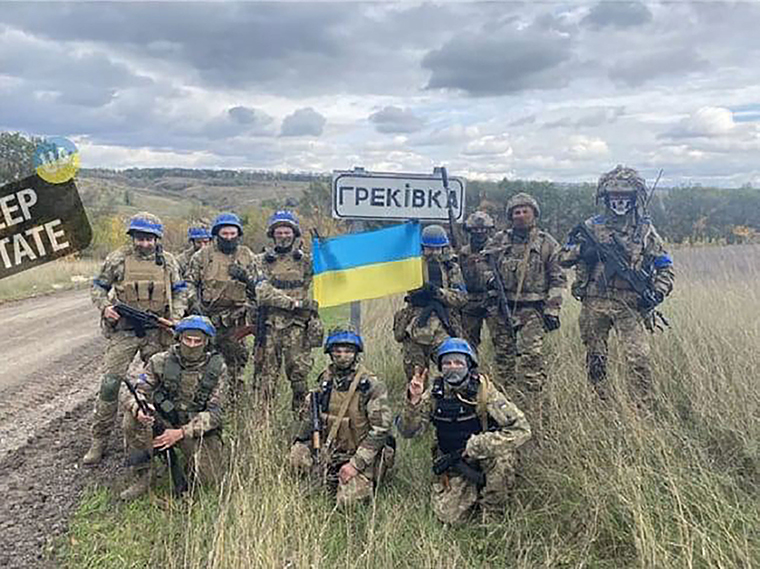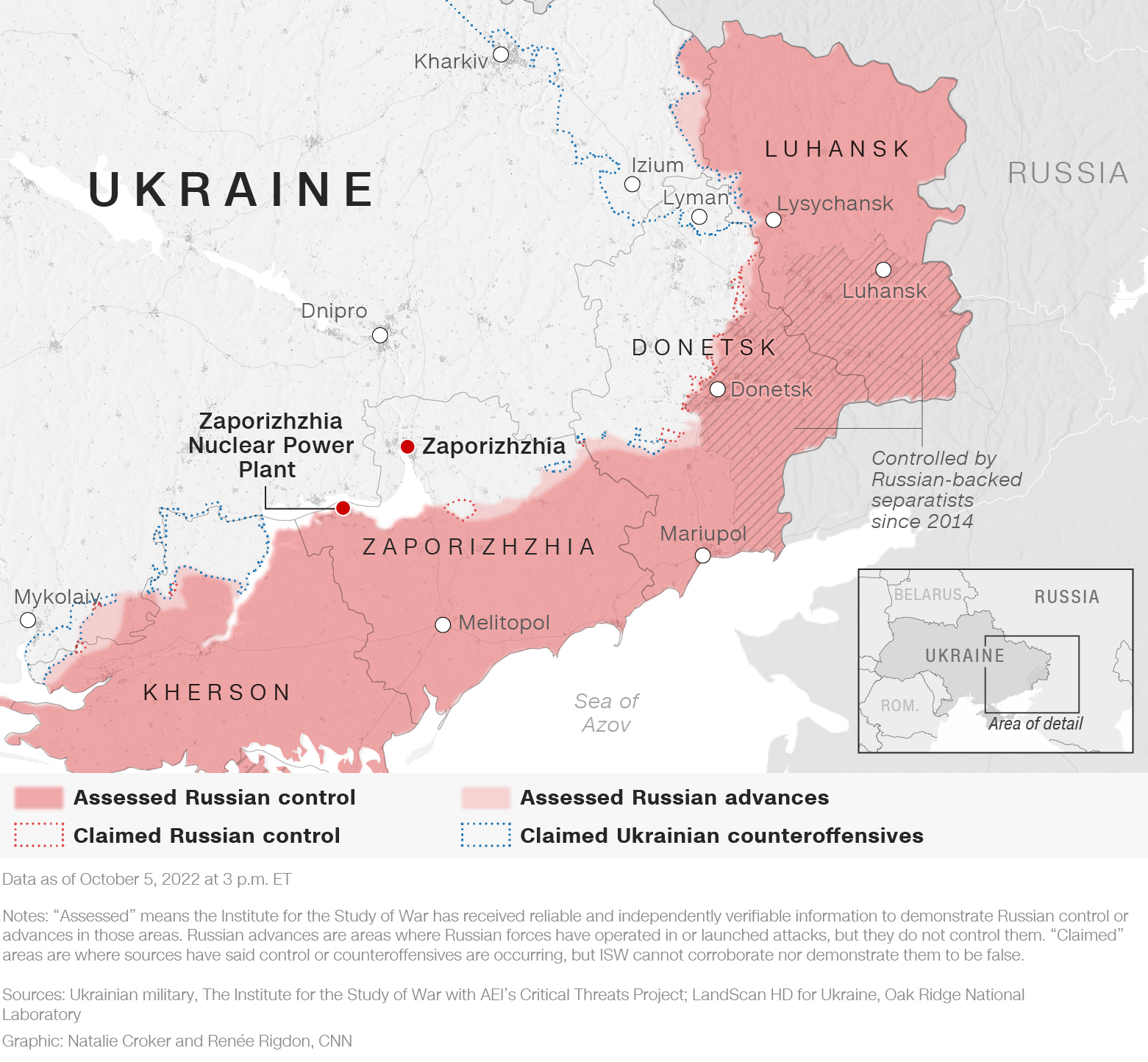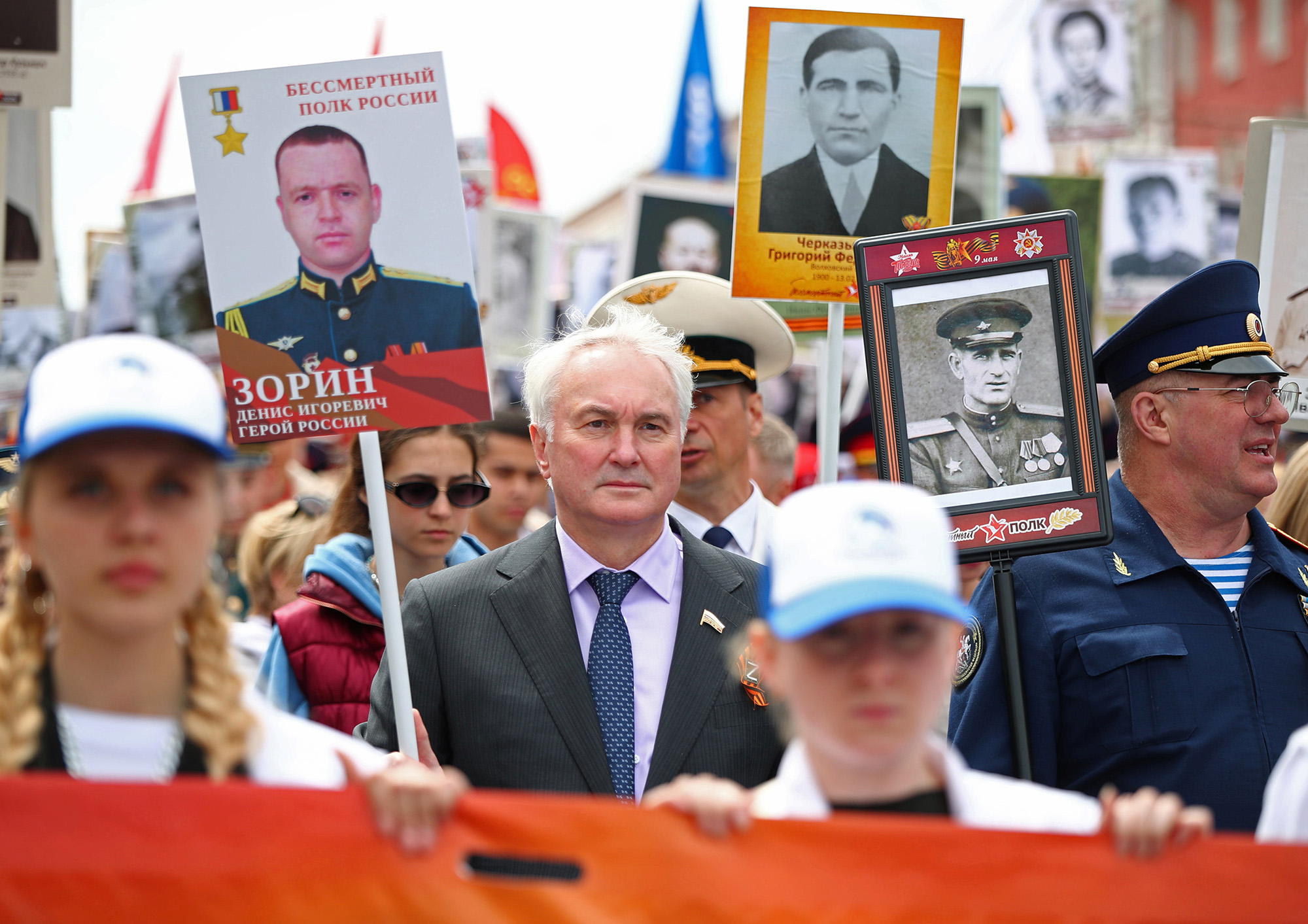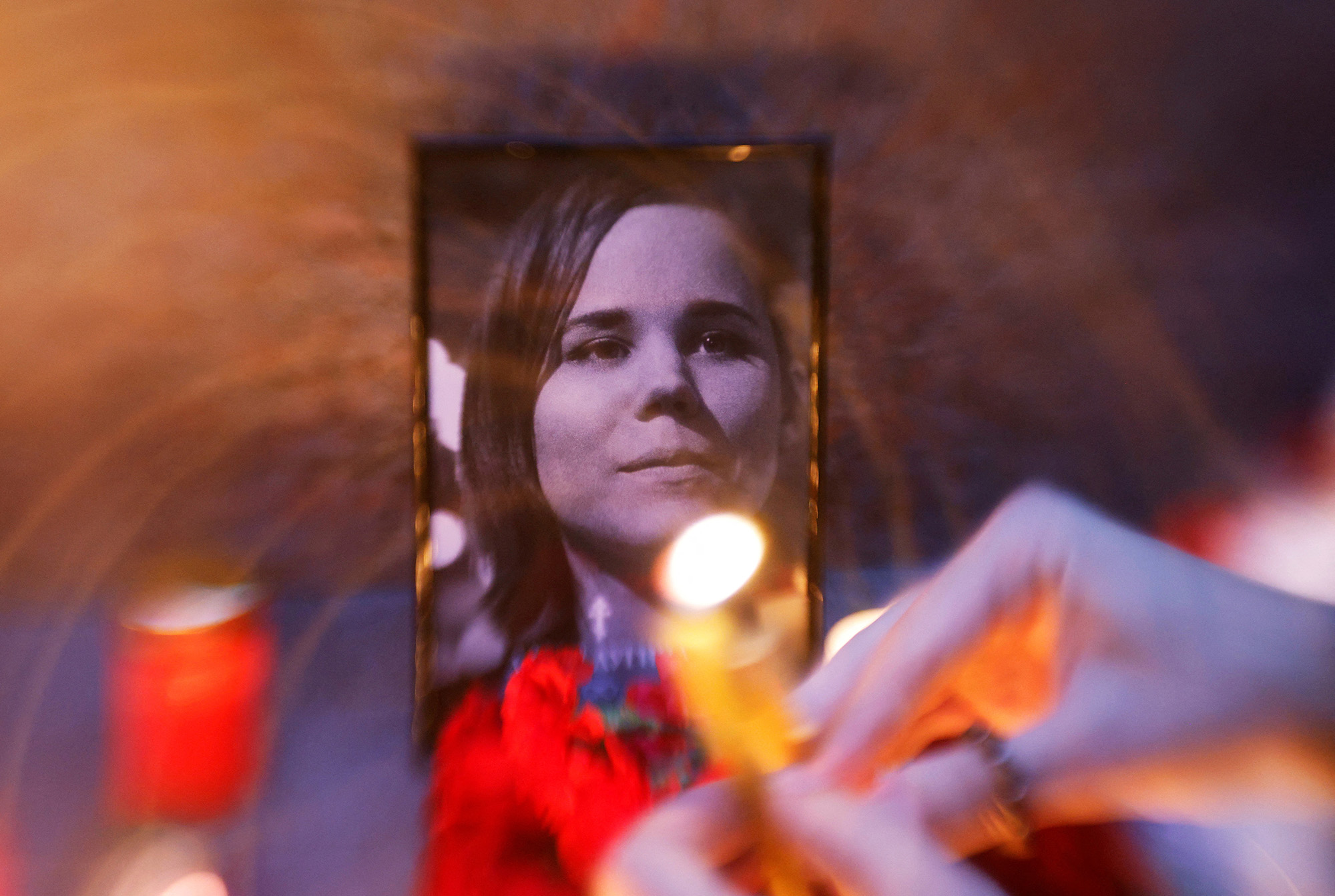All eyes were on Zaporizhzhia on Thursday after a Russian missile attack left at least one person dead in the southern city while the head of the UN's nuclear watchdog agency met with Ukraine's president for an update on the embattled power plant.
Elsewhere, Ukrainian forces pressed ahead with their counteroffensive in the south and east.
Here are the latest developments:
- Nuclear watchdog in Ukraine: Rafael Grossi, director general of the International Atomic Energy Agency (IAEA), visited Kyiv to discuss the situation at the Zaporizhzhia nuclear power plant. There were several notable takeaways:
- The nuclear agency head reiterated that Russia's annexations in Ukraine are not accepted by international law — the legal framework that guides his organization.
- Grossi said he'll travel to Moscow next as part of his continued effort to prevent a nuclear accident. He said he could "neither boycott nor play along" with potential Russian attempts to operate the plant and make Zaporizhzhia staff employees of Russia's Rosatom.
- Ukrainian President Volodymyr Zelensky appeared to urge Grossi for a stronger defense, saying "we expected a tough statement from the IAEA."
- Russian missiles strike Zaporizhzhia: Grossi's visit came the same day as missile attacks on the key southern city, which killed one person and left seven hospitalized, including a three-year-old girl, according to local officials.
- Kyiv gains more ground: Ukrainian troops re-entered the Luhansk region and will "keep moving in that direction" with difficult battles ahead, officials said. It's the first time since the start of the conflict that they have advanced into the eastern area. More settlements in the south of Ukraine have also been liberated in the Kherson region, according to Zelensky.
- Russia-backed leaders criticize war effort: Continuing the trickle of public criticism from regional officials in recent weeks, the Russian-appointed deputy leader of occupied Kherson blamed battlefield shortcomings on “incompetent commanders." And the head of Russia’s State Duma Defense Committee demanded officials report the truth about battlefield developments, saying senior figures need to "stop lying."
- This map captures the latest state of the counteroffensive and current areas of control:
